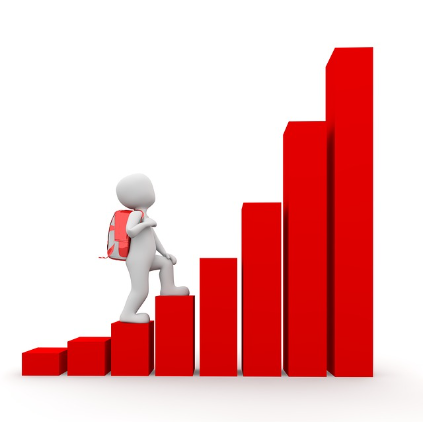현재 장바구니가 비어 있습니다!

[2024-08-06 Korea Economic News] KOSPI Plummets, Program Sales Halted! KOSPI Sidecar Activated for the First Time in 4 Years and 2 Months.
KOSPI Market Suspension: An In-depth Analysis
KOSPI Index Experiences Sudden Drop
Recently, the KOSPI index experienced a significant drop, triggering the temporary suspension of program selling. This action is a part of a mechanism known as the “KOSPI Sidecar,” which comes into play when the KOSPI200 futures index falls by more than 5% compared to its reference price and remains stable for one minute. This critical financial tool aims to mitigate the shock caused by sudden fluctuations in the market, allowing the situation to stabilize before trading resumes.
The current market scenario is reminiscent of the volatility experienced during the early days of the COVID-19 pandemic. Back then, the Korean stock market reacted sharply to global uncertainties, and similar patterns are now emerging. As reported in Korea Economic News, the KOSPI saw a rapid decline that alarmed traders and investors alike.
The “Sidecar” mechanism restricts program trading for five minutes, providing a much-needed breather for market participants. This pause in trading is crucial during tumultuous times, especially since rapid selling can lead to a broader market panic. Investors are advised to remain calm and assess the market’s fundamentals, rather than react impulsively. According to analysis from Korea Economic News, this approach can prevent larger sell-offs that could further destabilize the market.
Understanding Program Selling and Its Impact
Program selling is a form of trading that involves automated orders executed through computer systems. It has become a common practice among institutional investors who utilize such tactics to manage large quantities of trades efficiently. However, this type of trading can exacerbate market fluctuations. When the KOSPI200 futures index plunges unexpectedly, program selling can trigger a chain reaction, further driving down prices.
The mechanisms in place, such as the KOSPI Sidecar, are crucial in maintaining market integrity. They serve to dampen potential chaos during drastic market changes, as seen during the onset of the COVID-19 pandemic when many indices worldwide experienced unprecedented drops. According to Korea Economic News, prompt actions such as these may be a lifeline that protects investors in volatile environments.
The Role of KOSPI in the Global Market
The KOSPI index is one of the most vital indicators of South Korea’s economic health and its integration into the global financial market. As one of Asia’s leading stock indices, the KOSPI reflects the country’s broader economic performance. A significant decline can influence investor sentiment and lead to a reevaluation of investment strategies.
Recent trends suggest that the KOSPI’s movement could also hint at global economic fluctuations, especially as countries navigate through recoveries from the pandemic. Korea Economic News highlights that investors are increasingly wary of shifts in the KOSPI as a barometer for global economic trends, particularly in relation to the aggressive monetary policies following the economic downturn caused by COVID-19.
Future of KOSPI and Market Predictions
Looking ahead, analysts speculate on the potential recovery of the KOSPI. While the current environment reflects uncertainty, analysts believe that the systematic approaches put in place, such as the KOSPI Sidecar, will bolster market resilience. Historical data shows that after periods of significant drops, indices often rebound as markets adjust to new realities. The KOSPI’s reaction to recent events might shape its trajectory in response to global economic recovery, especially post-pandemic.
Investors should keep an eye on not just the KOSPI index but also overall global market trends influenced by ongoing geopolitical conflicts, trade policies, and economic indicators. The insights shared by Korea Economic News are invaluable for making informed decisions as conditions unfold.
In conclusion, while the recent KOSPI index drop and the subsequent program selling suspension may cause concern, it serves to highlight the market’s adaptability and the safeguards in place to ensure stability. Investors are encouraged to educate themselves on these mechanisms and remain vigilant in observing market movements as we transition into a new economic landscape.
For more information and insights into the KOSPI index and the ever-changing dynamics of the market, I recommend visiting Walter Log for a wealth of information.